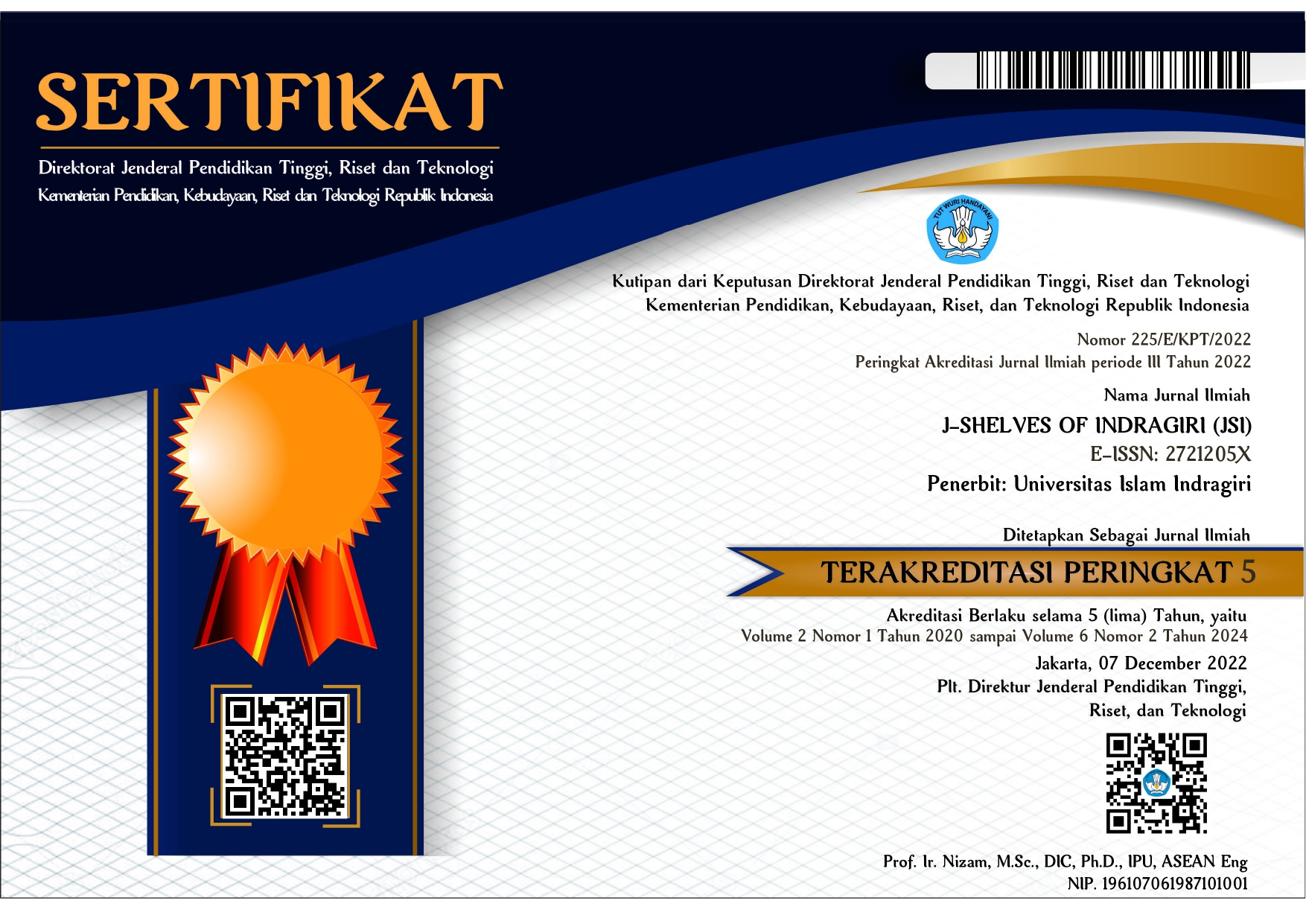THE EFFECT OF USING MIND MAPPING ON STUDENTS’ VOCABULARY ACHIEVEMENT IN THE TWELFTH GRADE OF SMA YAYASAN RAKYAT PANCUR BATU
DOI:
https://doi.org/10.61672/jsi.v7i2.3293Keywords:
Mind Mapping , Vocabulary , Language LearningAbstract
Vocabulary is a crucial component of language learning because it enables learners to understand texts, express ideas, and communicate effectively in both academic and real-life contexts. In the Indonesian educational setting, however, many students continue to experience difficulties in mastering vocabulary. Traditional teaching methods that rely heavily on memorization, limited practice, and lack of interactive activities often fail to engage learners, resulting in low achievement and limited speaking proficiency. This gap highlights the need for more effective instructional strategies that can support vocabulary development in meaningful and engaging ways. The purpose of this study was to investigate the effect of the Mind Mapping technique on students’ vocabulary achievement at SMA Yayasan Rakyat Pancur Batu. The study employed a quasi-experimental design using a one-group pre-test and post-test model. The participants consisted of 20 twelfth-grade students selected through purposive sampling. A vocabulary test of 25 multiple-choice questions was administered before and after the treatment. During the intervention, students were taught using the Mind Mapping strategy, which allowed them to organize words visually into categories to improve retention and understanding. Data analysis included mean comparison, normality and homogeneity testing, and the t-test. The findings indicated that students’ mean vocabulary score improved from 40.25 in the pre-test to 82.5 in the post-test. The t-test calculation showed that the obtained t-value (5.54) exceeded the t-table value (2.09) at the 5% significance level, confirming that the treatment had a significant effect. In conclusion, the Mind Mapping technique proved to be an effective strategy to enhance vocabulary mastery. It encouraged active learning, improved retention, and created a more engaging classroom atmosphere, thereby supporting better English proficiency and communication skills.
Downloads
Published
Issue
Section
License
Copyright (c) 2025 Sriyana Anjelita Tambunan, Nurhayati Sitorus, Carolina Pakpahan

This work is licensed under a Creative Commons Attribution 4.0 International License.










